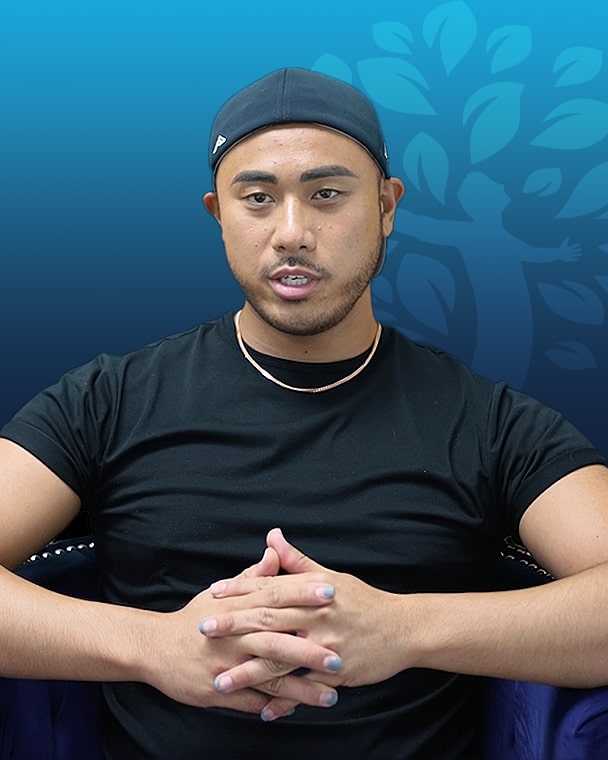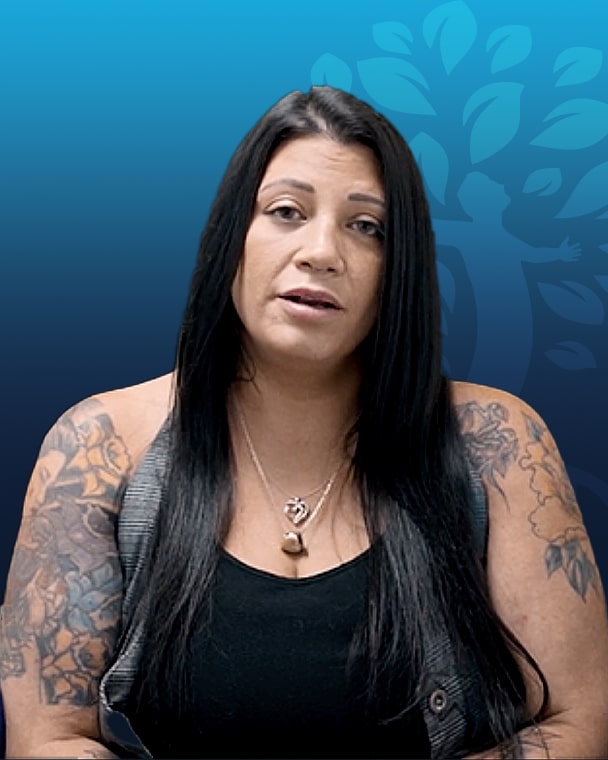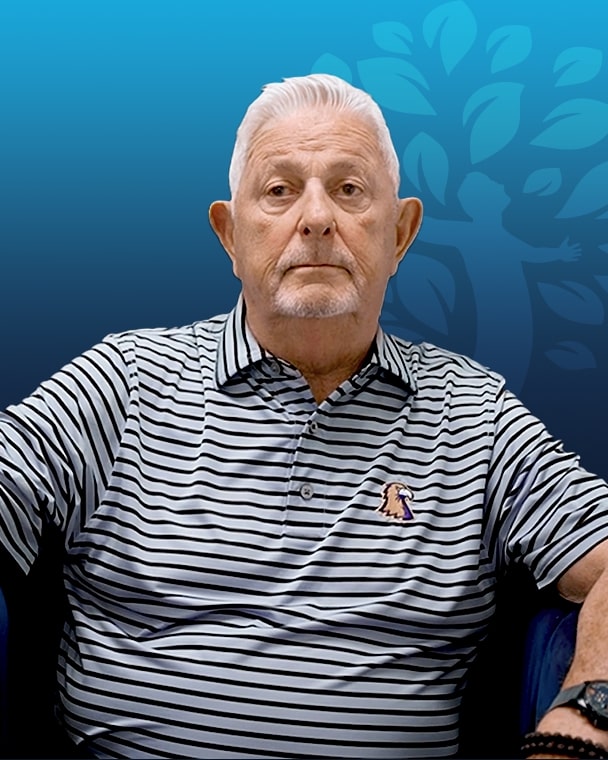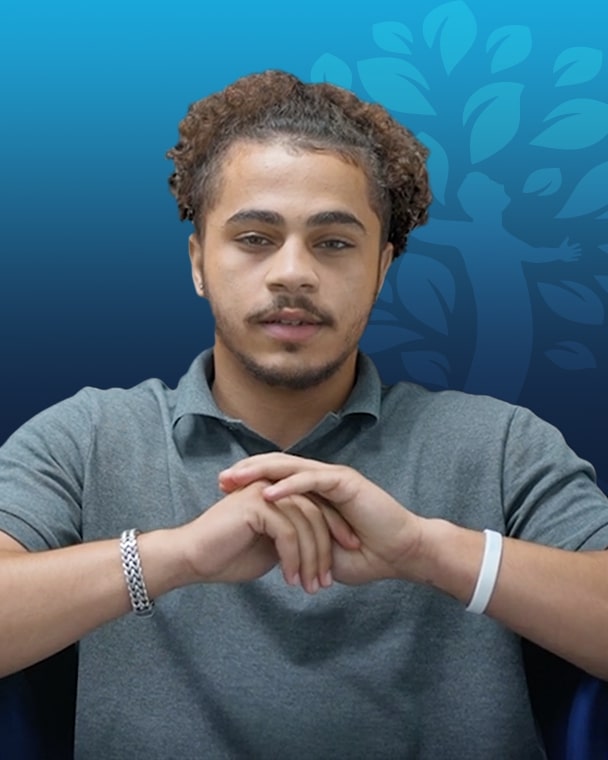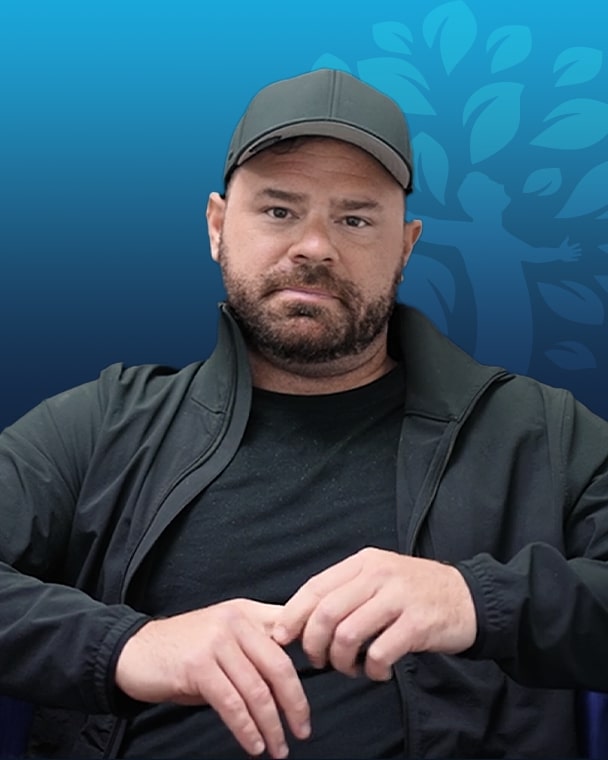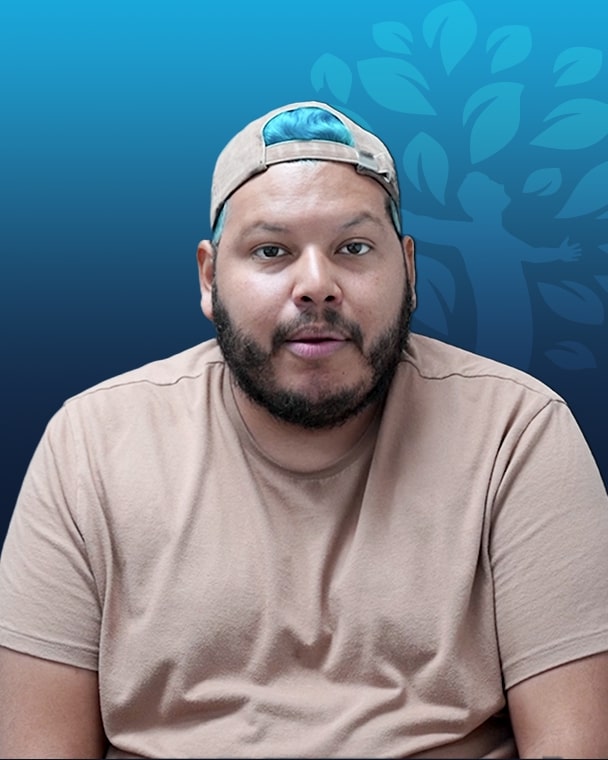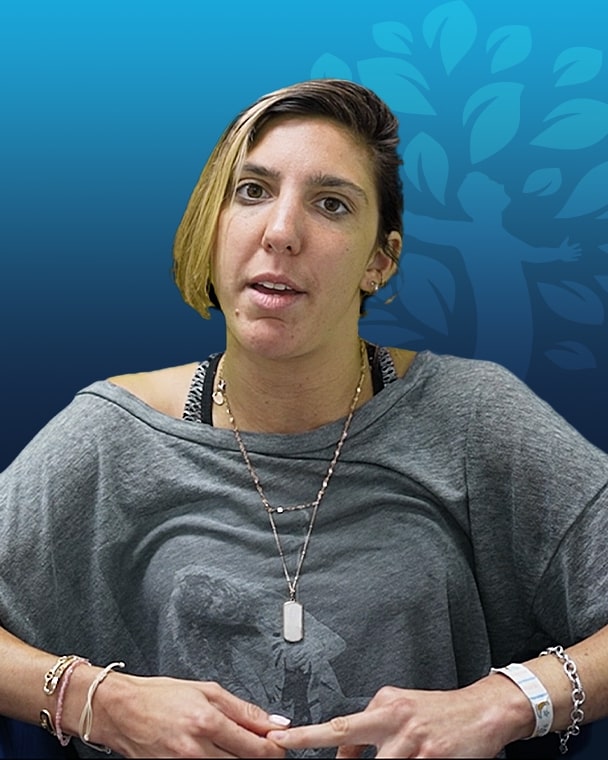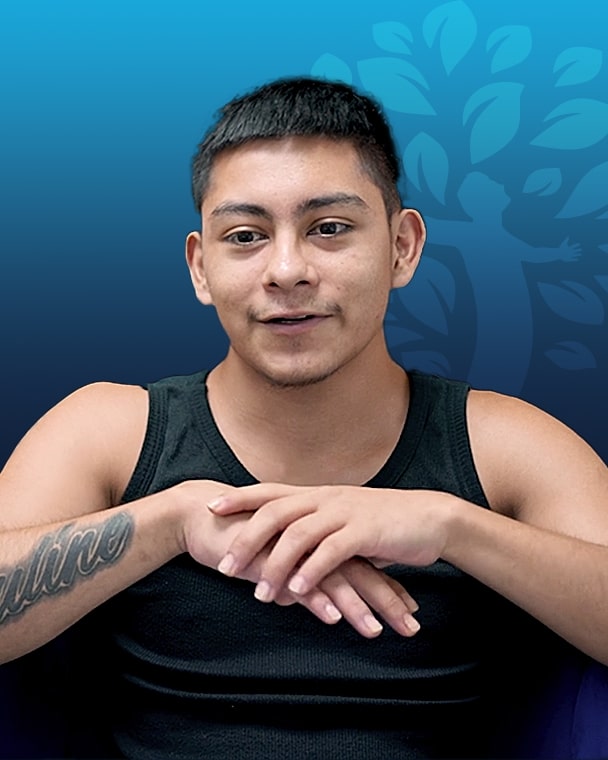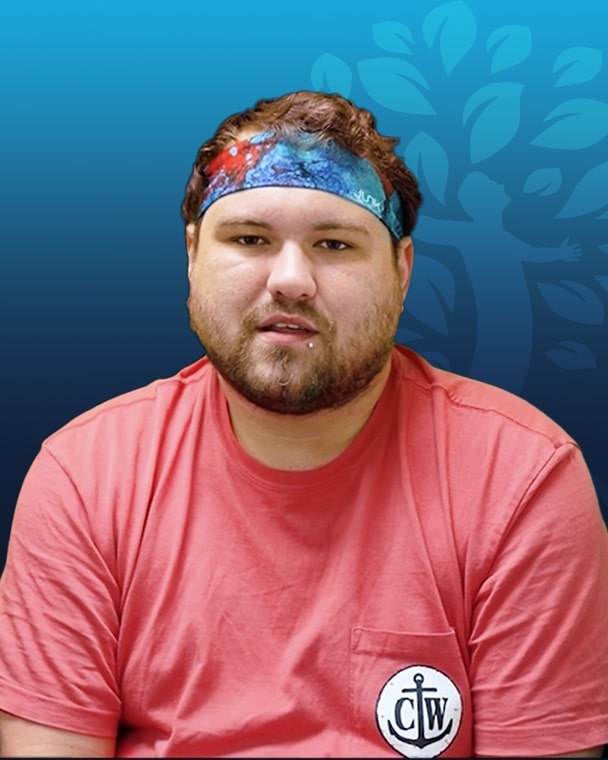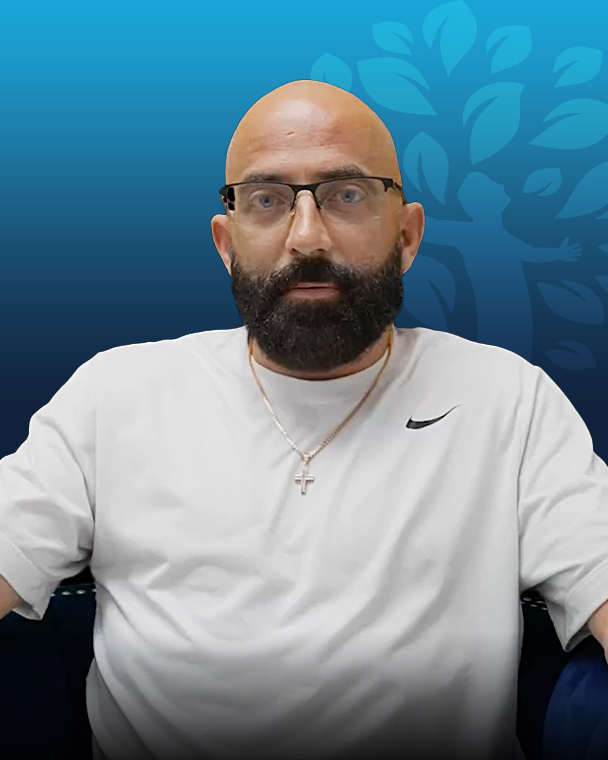
Fort Lauderdale Recovery Resources
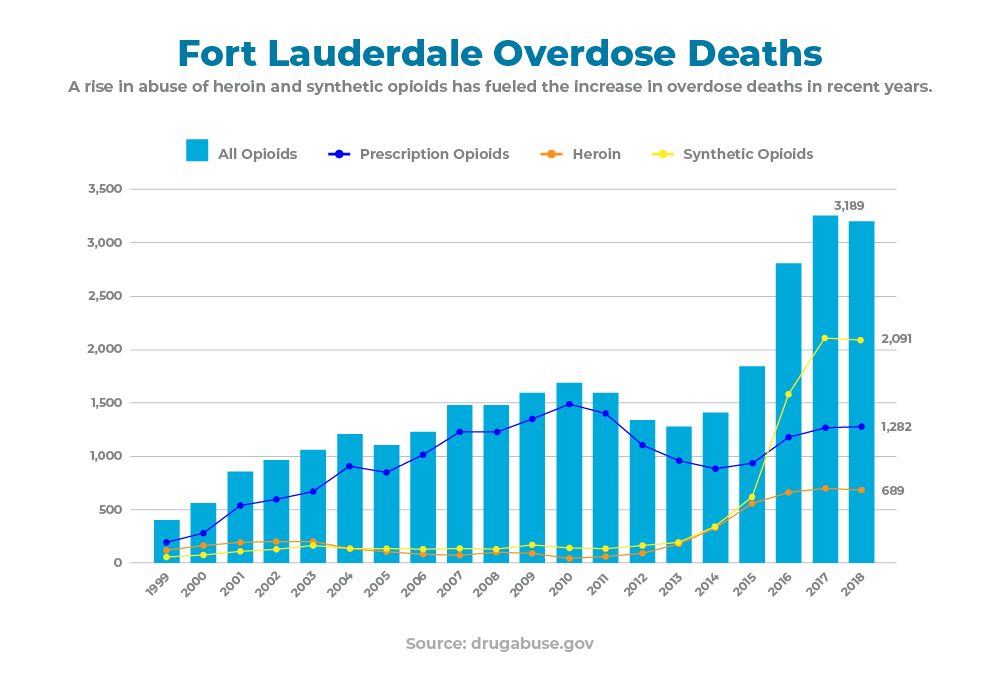
Fort Lauderdale Substance Abuse Statistics
Overdose is a considerable concern to family members when they learn their loved one is using drugs, and this concern is not unrealistic. In a recent study, the overdose death rate in Broward County was 653 per 100,000 residents. In Fort Lauderdale, almost all of the recent opioid-related fatal and non-fatal overdoses cases involved heroin or fentanyl, two highly addictive substances. Fentanyl overdoses have dramatically increased from 197 deaths to 1,976 deaths over a ten-year timeframe.
When a loved one is struggling with addiction, you may feel helpless or even angry. You may feel like you’ve tried everything in your power to help but it’s still not enough. As a family member, you may try to help your loved one but end up enabling their addiction unknowingly, which is why professional help may be a good step for everyone involved. Professional treatment helps you to learn about addiction and how to take care of your own mental health, as well as repair your relationship with your addicted loved one.
Addiction may play a part when a loved one displays more than a few of these signs of addiction and alcoholism:
- Lying and secretiveness
- New or unusual friend groups, social activities revolve around planning, using, and recovering from the drug/hangovers
- Financial unpredictability, stealing, or otherwise acting in risky ways for money or drugs
- Having stashes of drugs, alcohol, or paraphernalia on their person, at home or work
- Loss of motivation, missing or performing poorly at work, school, or other responsibilities
- Continuing to drink or use drugs even when it causes health, family, or money problems


Physical Signs of Addiction
The following physical signs and symptoms can indicate dependence on alcohol or drugs
- Developing a tolerance for the substance, needing to take more to get the same effect
- Displaying withdrawal symptoms when they try to stop or cut back
- Needing to drink or use drugs to feel normal and get through the day
- Persistent coughing and sniffling, and seeming sick sometimes and okay at other times
- Weight changes, personality shifts, and extreme mood changes, changes in sleep habits, and changes in energy
Of course, one of these symptoms on its own does not necessarily mean somebody has a substance use disorder. If you believe a loved one is experiencing addiction, broaching the subject with kindness and understanding is essential.
What is Enabling?
Enabling a person with an addiction means you are protecting them from the consequences of their actions. Stopping enabling will be difficult, and you will have to make tough choices, but it is compassionate.
Some examples of enablement include:
- Making excuses or covering up for their behavior, or ignoring sneaky behavior
- Blaming others for the addict’s behaviors
- Buying drugs or alcohol for them, or taking drugs or drinking with them
- Interfering with law enforcement or other authority figures like their boss at work
- Allowing the addict to exploit you or others financially or emotionally
- Tolerating abusive or inappropriate behavior
- Taking over responsibilities for them, like childcare or housework
- Prioritizing the addict over yourself and others


Enabling is not helping. You need to ensure you are not allowing the fear of provoking your loved ones or losing them to run your life. Take care of yourself and others without putting the addict’s behavior over the health and safety of everybody else.
The most important thing you can do when trying to support your loved one who has an addiction is to find support for yourself. Make sure you are not taking on more than you can handle financially or emotionally, so you can adhere to responsibilities like childcare or housework.
As the saying goes, do not light yourself on fire to keep somebody else warm. You will not be able to help anybody if you are struggling, and it is not fair to you and the other people in your life if you are doing too much for others. It can also build resentment. A strong network of support will be beneficial for everybody involved.
How to Support Without Enabling
To support a loved one without enabling them, you can:
- Prepare for extended issues, like long-term health problems, relationship issues, and relapse, and keep your expectations reasonable to avoid disappointment.
- Learn more about addiction and recovery, including topics like triggers, drug/alcohol-related health issues, and psychological changes caused by addiction.
- Make lifestyle changes that will support your loved one’s recovery and promote a sober lifestyle. You can remove addictive substances from home, find sober activities to do together, and avoid gatherings where drugs or alcohol may be present.
- To avoid unnecessary conflict, be ready for your loved one’s goals, behaviors, and expectations to change after rehab.
- Continue to encourage them to attend support meetings and therapy and other recovery-based gatherings like alumni events.
- Keep communication open and ensure that expectations and clear boundaries are set out when everybody’s neutral emotions.


How to Hold an Intervention
When you decide to hold an intervention, you may get help from a counselor, a therapist, or a professional interventionist. You may also choose to keep the intervention yourself, as a family.
You will want to have a plan and gather information before you begin, as an intervention may come with heightened emotions, anger, or otherwise be an emotionally charged atmosphere. It is best to know the extent of your loved one’s addiction and have research on treatment options ready to talk about. Planning is the most critical part of an intervention, so the message and consequences are clear and so the addicted person does not feel attacked and isolated.
Your intervention’ team’ will then plan a consistent, rehearsed message. Choosing somebody from outside the family to keep the discussion on track is a good idea. Make notes on what you want to say, describing issues where the addiction caused problems in your life. Use “I” statements.


Legacy Healing Center testimonials
Real People. Real experiences



Legacy Healing Center testimonials
What Our Alumni Has to Say
Absolutely beautiful! Staff is so caring and welcoming. Highly recommend to anyone who is struggling and looking to heal. This is the place for you!
Jacqueline C.
Honestly, it's not what you imagine when thinking "detox." Legacy made my experience so comfortable from beds, food, staff and such a clean facility. Besides all that they literally gave me life back. Forever thankful.
Avi S.
GET IN TOUCH
Contact Us
If you would like to get in touch with us or simply have any questions or comments, please call us today. Our helpline if 100% confidential.
Call Us
Email Us
Visit Us
1425 WEST CYPRESS CREEK ROAD, SUITE 201FORT LAUDERDALE, FL 33309


